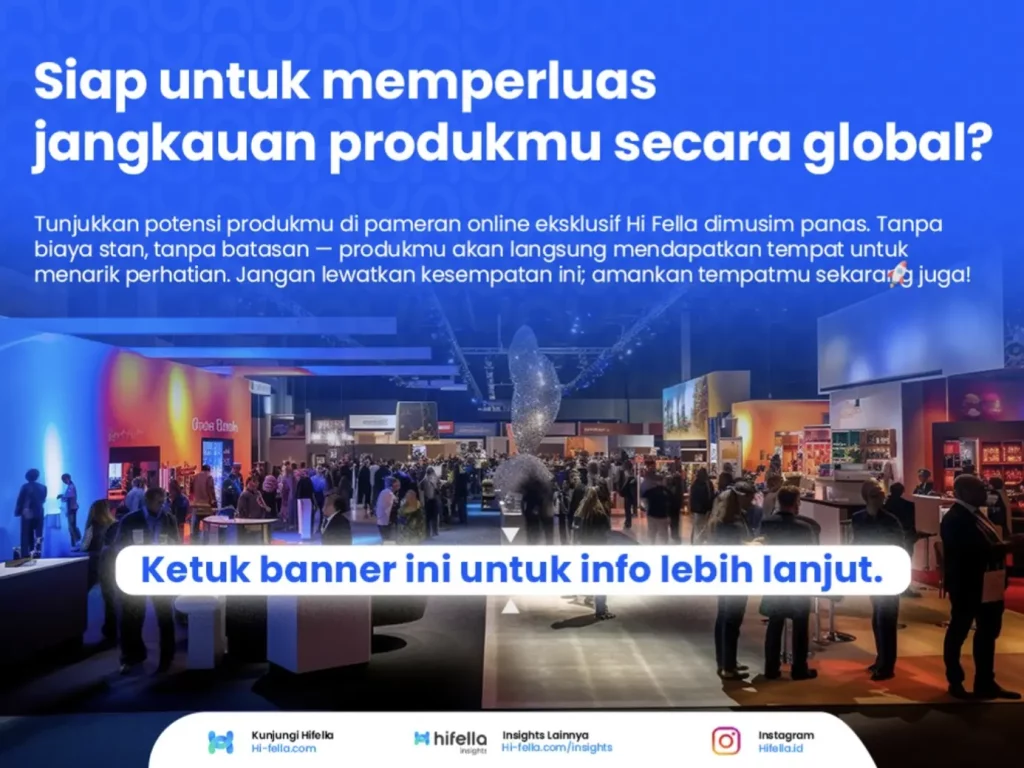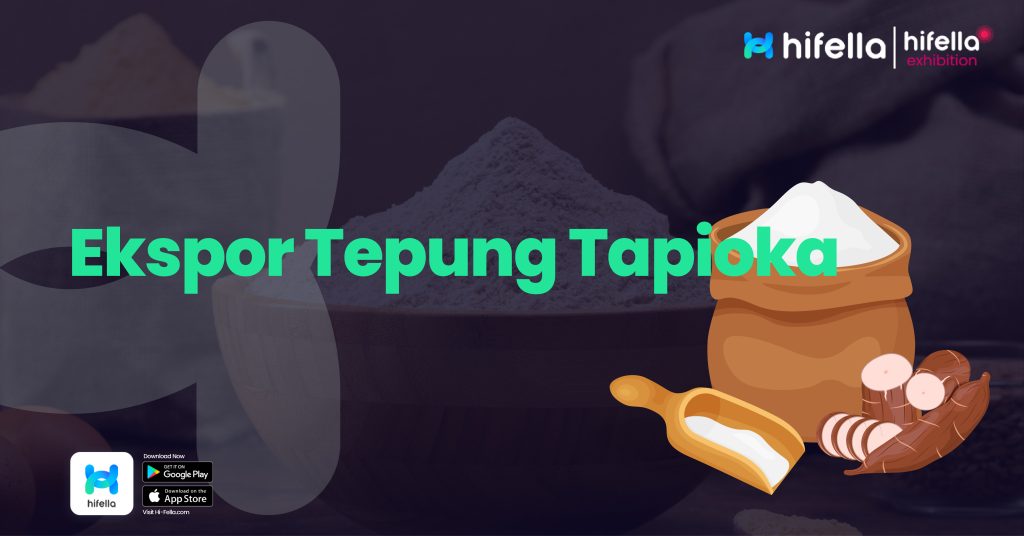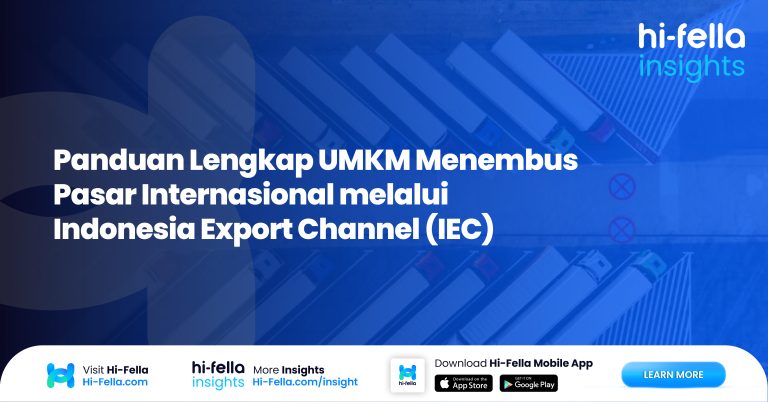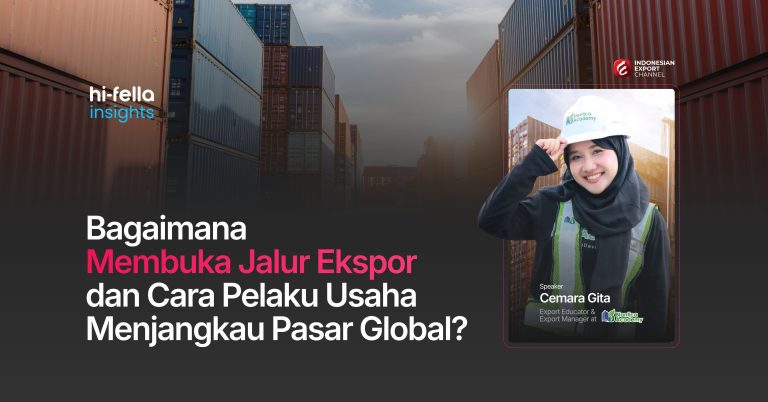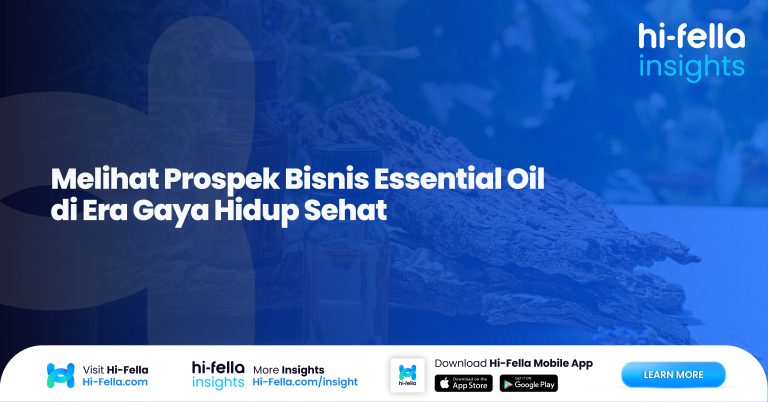Ekspor tepung tapioka merupakan peluang besar bagi pengusaha dan produsen di Indonesia untuk memasuki pasar internasional.
Namun, ada beberapa syarat yang harus dipenuhi agar proses ekspor berjalan lancar dan produk dapat diterima di pasar global. Artikel ini akan membahas persyaratan administratif, teknis, dan proses pendaftaran serta izin ekspor tepung tapioka. Simak selengkapnya!
Syarat Ekspor Tepung Tapioka: Persyaratan Administratif
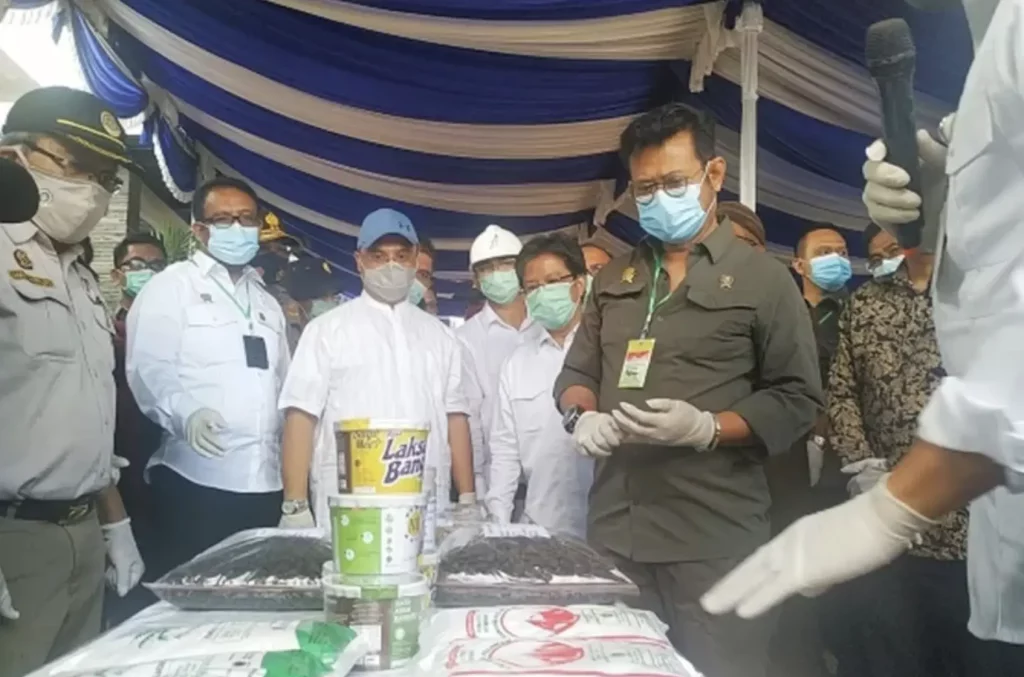
Sumber: Wow Babel
Untuk memulai proses ekspor tepung tapioka, penting bagi pengusaha untuk memahami dan mematuhi berbagai persyaratan administratif yang diperlukan.
Persyaratan ini meliputi berbagai dokumen dan prosedur yang harus dipenuhi agar proses ekspor berjalan lancar dan sesuai dengan regulasi yang berlaku. Mari kita bahas lebih lanjut mengenai persyaratan administratif yang perlu Anda siapkan untuk ekspor tepung tapioka.
1. Dokumen Ekspor
Untuk mengekspor tepung tapioka, pengusaha perlu menyiapkan beberapa dokumen penting, termasuk:
- Surat Izin Usaha Perdagangan (SIUP): Dokumen ini menunjukkan bahwa bisnis Anda telah terdaftar dan diizinkan untuk melakukan perdagangan internasional.
- Nomor Induk Berusaha (NIB): Merupakan nomor identifikasi bagi perusahaan yang melakukan ekspor.
- Invoice dan Packing List: Dokumen ini mencantumkan detail produk, jumlah, dan harga.
- Bill of Lading (B/L): Dokumen ini berfungsi sebagai bukti pengiriman barang melalui laut.
- Sertifikat Asal Barang (Certificate of Origin): Diperlukan untuk menunjukkan asal produk, yang sering kali dibutuhkan oleh negara tujuan ekspor.
2. Prosedur Bea Cukai
Proses administrasi tidak lepas dari prosedur bea cukai. Pastikan untuk memahami regulasi bea cukai di negara tujuan dan mempersiapkan dokumen yang diperlukan, seperti berikut ini:
- Customs Declaration: Dokumen yang menyatakan jenis, jumlah, dan nilai barang yang diekspor.
- Pemeriksaan Fisik: Bea cukai mungkin melakukan pemeriksaan fisik terhadap barang yang diekspor untuk memastikan kepatuhan terhadap regulasi.
Persyaratan Teknis dan Standar Mutu Tepung Tapioka
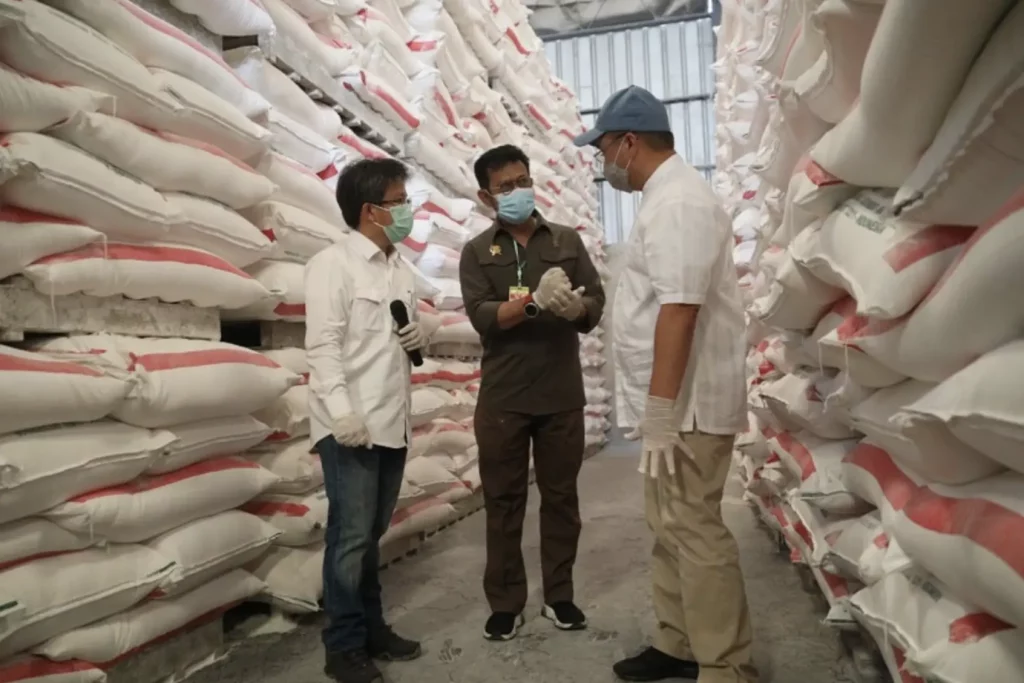
Sumber: Ekonomi – Republika
Setelah memahami persyaratan administratif, langkah selanjutnya adalah memastikan bahwa tepung tapioka yang akan diekspor memenuhi persyaratan teknis dan standar mutu internasional.
Standar ini mencakup berbagai aspek mulai dari kualitas bahan hingga keamanan produk, yang semuanya harus dipenuhi agar produk diterima di pasar global.
Mari kita bahas lebih lanjut mengenai syarat ekspor tepung tapioka khususnya mengenai persyaratan teknis dan standar mutu yang harus dipenuhi dalam proses ekspor tepung tapioka.
1. Standar Mutu Internasional
Tepung tapioka yang akan diekspor harus memenuhi standar mutu internasional, seperti:
- Kandungan Air: Tepung tapioka harus memiliki kandungan air yang rendah untuk mencegah pertumbuhan mikroorganisme.
- Kadar Abu: Tingkat abu dalam tepung harus sesuai dengan standar yang ditetapkan.
- Kebersihan dan Keamanan: Produk harus bebas dari kontaminasi kimia dan biologis, serta diproduksi sesuai dengan Good Manufacturing Practices (GMP).
2. Sertifikasi dan Pengujian
Produk yang akan diekspor harus melalui serangkaian pengujian dan mendapatkan sertifikasi dari lembaga yang berwenang, seperti:
- Sertifikat ISO 22000: Menunjukkan bahwa sistem manajemen keamanan pangan diterapkan dalam proses produksi.
- Sertifikat Halal: Jika pasar tujuan membutuhkan, pastikan produk memiliki sertifikasi halal dari lembaga yang diakui.
Proses Pendaftaran dan Izin Ekspor Tepung Tapioka
Setelah memahami persyaratan administratif dan teknis, langkah selanjutnya dalam syarat ekspor tepung tapioka adalah melalui proses pendaftaran dan memperoleh izin ekspor.
Proses ini melibatkan beberapa tahapan penting yang harus diikuti dengan cermat untuk memastikan produk Anda memenuhi semua regulasi yang berlaku.
Berikut ini adalah langkah-langkah yang perlu Anda lakukan untuk mendaftarkan dan mendapatkan izin dan sesuai pada syarat ekspor tepung tapioka.
1. Pendaftaran Ekspor
Proses pendaftaran ekspor mencakup beberapa langkah penting, yaitu:
- Registrasi di Sistem INATRADE: Pengusaha harus mendaftarkan diri di sistem INATRADE yang dikelola oleh Kementerian Perdagangan.
- Permohonan Izin Ekspor: Ajukan permohonan izin ekspor melalui sistem tersebut, lengkap dengan dokumen yang disyaratkan.
2. Persetujuan dan Pengawasan Ekspor Tepung Tapioka
Setelah permohonan diajukan, pihak berwenang akan melakukan evaluasi dan inspeksi terhadap dokumen dan produk. Proses evaluasi ini bertujuan untuk memastikan bahwa semua persyaratan administratif dan teknis telah dipenuhi sesuai dengan regulasi yang berlaku.
Inspeksi mungkin mencakup verifikasi fisik produk untuk memastikan kepatuhan terhadap standar mutu dan keamanan. Jika semua persyaratan terpenuhi dan produk Anda lulus inspeksi, izin ekspor akan diberikan.
Namun, proses ini tidak berhenti setelah izin diberikan. Pengusaha juga harus siap untuk diawasi oleh pihak berwenang selama proses ekspor berlangsung.
Pengawasan ini bertujuan untuk memastikan bahwa setiap tahap dalam proses maupun syarat ekspor tepung tapioka sudah sesuai dan tetap mematuhi regulasi dan standar yang telah ditetapkan. Kepatuhan yang berkelanjutan sangat penting untuk menjaga reputasi dan keberlanjutan bisnis di pasar internasional.
Kesimpulan Syarat Ekspor Tepung Tapioka
Memenuhi syarat ekspor tepung tapioka dari Indonesia membutuhkan persiapan yang matang, mulai dari persyaratan administratif, teknis, hingga proses pendaftaran dan izin ekspor.
Pastikan semua dokumen dan standar mutu terpenuhi agar produk Anda dapat bersaing di pasar internasional!
Online Exhibition Hi-Fella akan diadakan pada 28 Agustus 2024, menghadirkan lebih dari 6.000 peserta dari industri ekspor-impor makanan dan minuman bahkan dari berbagai industru lainnya.
Bagi Anda pelaku usaha yang tertarik, Anda dapat mengunjungi situs resmi Hi-Fella untuk registrasi atau mengetahui informasi lebih lanjut melalui banner di bawah ini.
